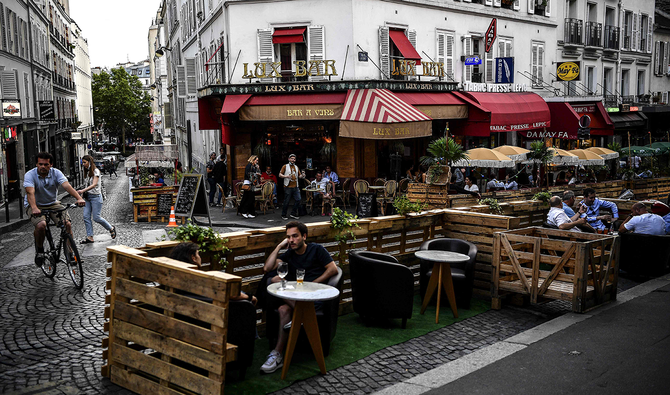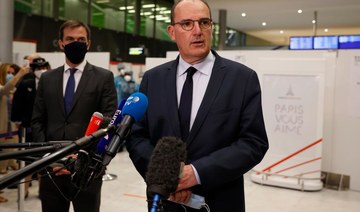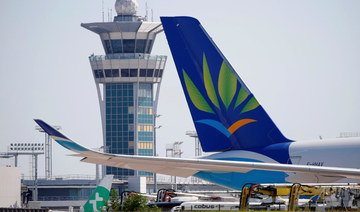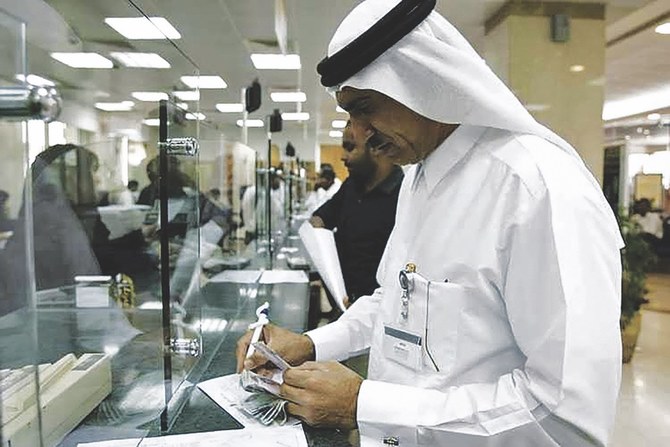PARIS: At his cafe under the shadow of the Paris district of Montmartre, Guillaume Dubois shows off the brightly painted wooden pallets enclosing a quickly built patio that he says has transformed business in the summer of the coronavirus.
Following a loosening of regulations by city hall, customers at the Sunset cafe are now spread out on tables and chairs across three parallel parking spaces, in a scene repeated throughout Paris.
“It completely changes the face of Paris,” said Dubois, adding that it helped propel a surge in sales last month, when the city’s restaurants were allowed to reopen after 92 days of COVID-19 lockdown.
With the general scientific consensus that it is much harder to catch the virus outdoors than inside, cafe-goers are more at ease on the street in the summer sunshine.
Mayor Anne Hidalgo eased outdoor seating limits so owners could lure virus-wary clients, and commandeered hundreds of parking spots for additional seating.
Hammers soon rang across the city as plywood platforms were cobbled together over uneven roads, with delivery pallets serving as “walls” to offer a sense of security from drivers who are often just an arms’ length away.
“It’s a little ragtag, but it reminds me of the beach and paddle boats — you feel as if the entire city is on vacation,” said Roxane, 50, enjoying her coffee at the Sunset.
While some owners stick with the rough look of raw wood, many others have added splashes of color and installed plants or small trees and other decorations.
As a result, pallets that usually languish behind stores or warehouses are being put to new use — some restaurants have even reported having their newly installed structures stolen.
“Everyone is scrambling to get hold of them,” said Momo, whose Taverne 28 is a few streets away from the Sunset in the 18th Arrondissement.
He said he enlisted a friend in the construction business to get the 10 pallets he covered the French national colors of red, white and blue.
City hall officials have indicated that many patios may be allowed to stay after the summer, part of Hidalgo’s pledge to turn over more streets to pedestrians and discourage car use.
“I think it’s a good strategy,” said Maria Snigur, a Ukrainian living in Paris. “It energises the city, it energises the street.”
And in a country where air-conditioning remains rare, outdoor tables offer an escape from hot homes or restaurant dining rooms.
“Once we got the approval from Mrs. Hidalgo to have this terrace and to take up two or three parking spots, obviously we took advantage of it,” said Arnaud Clerel, a manager at Cocco Mio, who said take-out sales were not a viable option for his restaurant.
He said he can seat around 25 people within his unpainted pallets set up on the busy Rue du Faubourg-Poissonniere in the 10th Arrondissement, “which is quite nice.”
With the arrival of warm summer nights, however, the patios can often prove too popular, and many residents have complained of noise even though owners are supposed to close them down at 10 p.m.


















